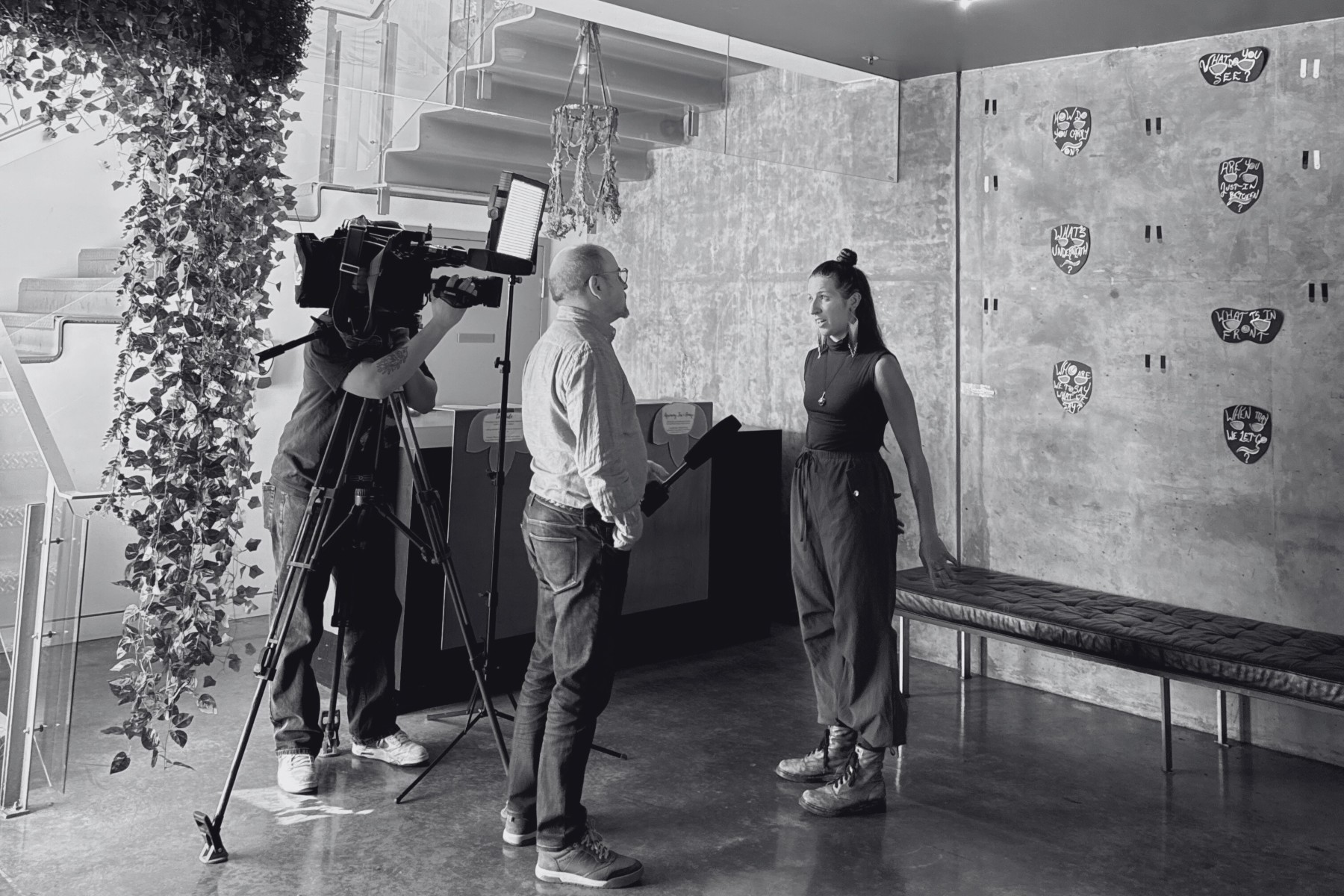LEARN: Making an Impact During Media Interviews
Whether it’s your first media interview or your 50th, every media request presents a powerful opportunity to share your message with the public. As journalism conventions prohibit reporters from sharing questions with their guests in advance, there are a few simple things you can do to effectively prepare for any media interview.
Confirm details: The tone, length, and format of your interview relies greatly on the specific needs of the media outlet you are working with. You must review all of the details in advance of the interview to be able to best prepare. Make sure to confirm the following information: Interview date, time, duration, format (in-person, phone, Zoom), and whether the interview is live or pre-taped. Lastly, confirm details needed for TV cameras, specifically, such as filming clips from rehearsal (called b-roll), etc. to accompany your interview.
Craft key messages: Always go into an interview with at least three to four rehearsed key messages on hand. Key messages are short statements of information you are trying to convey and will help to focus your answers. They should be simple concepts – often pulled directly from your press release or background information – and conversational in tone so that you can come across as knowledgeable and relatable.
Think of the 3 S’s: Occasionally you will be asked to conduct a long-form podcast-style interview where it would be appropriate and welcome to share in-depth answers, funny anecdotes, and personal stories. But for the majority of interviews, it’s best to prepare for your interview with the “3 S’s” in mind:
- Succinct – Keep your answers short and to-the-point; no extra words or repetitive phrases. Media are looking for their perfect “sound bite.”
- Specific – At the same time that you’re keeping answers short, try to always think of specific examples. Prep yourself with a handful of specific examples of your experience with the work or partner organization. For TV specifically, always include the question in your answer (i.e. Q: “What makes this exhibition unique?” A: “This exhibition is unique because…”)
- Sincere – And, above all else, remember to remain sincere! Have fun with the interview, try to relax, and enjoy the conversation about a topic you are likely passionate about.
Turn negatives into positives: Sometimes a reporter may ask you an uncomfortable question. More often than not, they are simply looking to find an interesting or “human” angle to their story and NOT trying to actively harm you or your reputation. This is the perfect time to rely on your prepared key messages. Before responding, first pause, take a breath, and deliver an answer that is based off of your key message. By turning the conversation back towards your messaging, you are remaining in control of the interview, using it for the benefit of your company, production, etc.
Above all, remember that YOU ARE IN CONTROL of your message and of the interview. By coming into any interview composed and prepared, you can be confident in your ability to control the message that you would like to convey to the public.
Categories: MPMG


